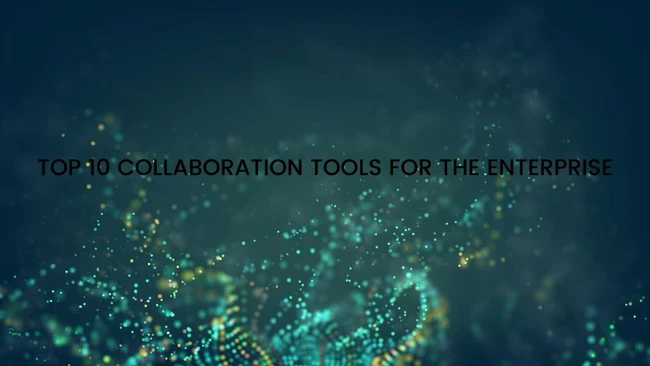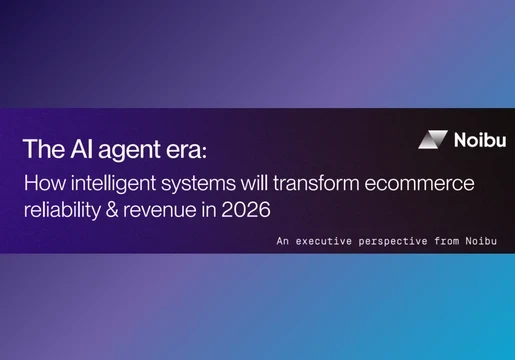In an environment where your team members could be anywhere, it's essential to have a strategy available to track and manage the work that your people do. Enter the age of the collaboration tool.

According to one survey, 39% of staff members believe that their organization doesn't collaborate enough. Not only that, but a further 86% think that lack of collaboration is the reason for the majority of common workplace failures. If you want to get the most out of your enterprise in the digital age, check out the following collaboration tools.







Comments ( 0 )